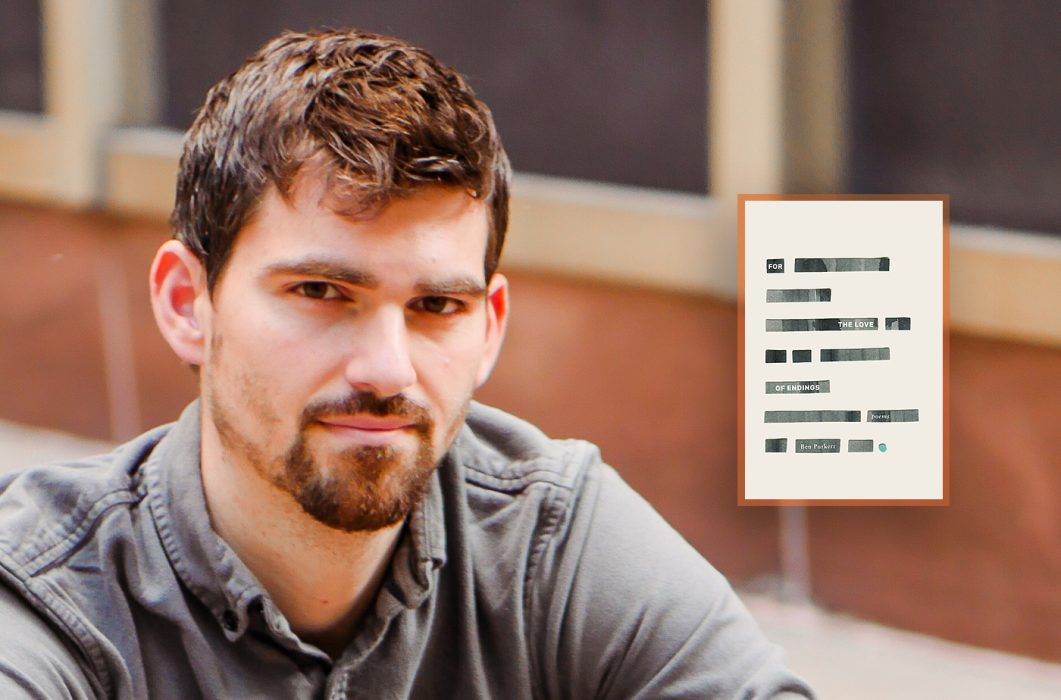Writing Prompt: Molly Prentiss
An interview with poet and classes instructor Ben Purkert

An interview with poet and classes instructor Ben Purkert
Our poetry program at Catapult is relatively new, and we’re so excited about the poets who have so far blessed us with their words and their knowledge. Ben Purkert is teaching with us for a second time in November. We sat down (virtually) to talk about, well, teaching poetry.
Stella Cabot Wilson: So how does one go about teaching poetry?
Ben Purkert: Well, there’s no formula, and that’s a big part of the joy. I let my students’ poems lead the way. What themes are they reaching for? What rhythms are crying out under the surface? If I can help at all, it’s simply by applying a stethoscope. I want my students to hear the heartbeat of their own work. Because sometimes that’s hard, you know? You learn to drown out the very thing that keeps you alive.
SCW: How do you recommend finding a poetry community? Who does your personal poetry community consist of?
BP: I think a poetry workshop can — and should — serve as a community. A place where all different kinds of poets can connect and read each other with both kindness and rigor. I always remind my students that your peers in workshop could potentially be readers for life. Stay in touch with them! And if someone gives you tough feedback, that might be someone to hold dear. The best friends aren’t necessarily the ones who shower you with praise. They’re the ones who read you most critically, out of love. I’ve been lucky to remain close with a few workshop pals from undergrad and my MFA. My poems would feel awfully lonely without them.
SCW: What’s a poem you’ve fallen in love with recently?
BP: “A Metaphor,” by J. Estanislao Lopez
Imagine you raise a glass of iced water
to your lips, and, feeling a strange touch,
you look into the glass to find a dead gnat
floating at the surface. You see, there are
metaphors everywhere about the presence
of evil. But metaphors are misread.
We discover later in life, too late to change it,
that evil is not signified by the gnat
(the gnat is the casualty), but by the water,
which we raise to our lips every single day.
SCW:What is a good poem capable of?
BP:I believe a good poem is one that troubles how we view the world. For me, the poem above does this — it artfully calls our attention to the threat we don’t see. Or don’t allow ourselves to see. If it’s true that “metaphors are misread,” poems can bring them into sharper focus. I also believe that a good poem can knock down walls. I haven’t read a ton of Wittgenstein, but I like this quote from him: “The human body is the best picture of the human soul.” Why maintain those tired boundaries between body and soul, heart and mind? Why not simply be one self? Isn’t that enough?
SCW:How do you write when you are unable to write?
BP: